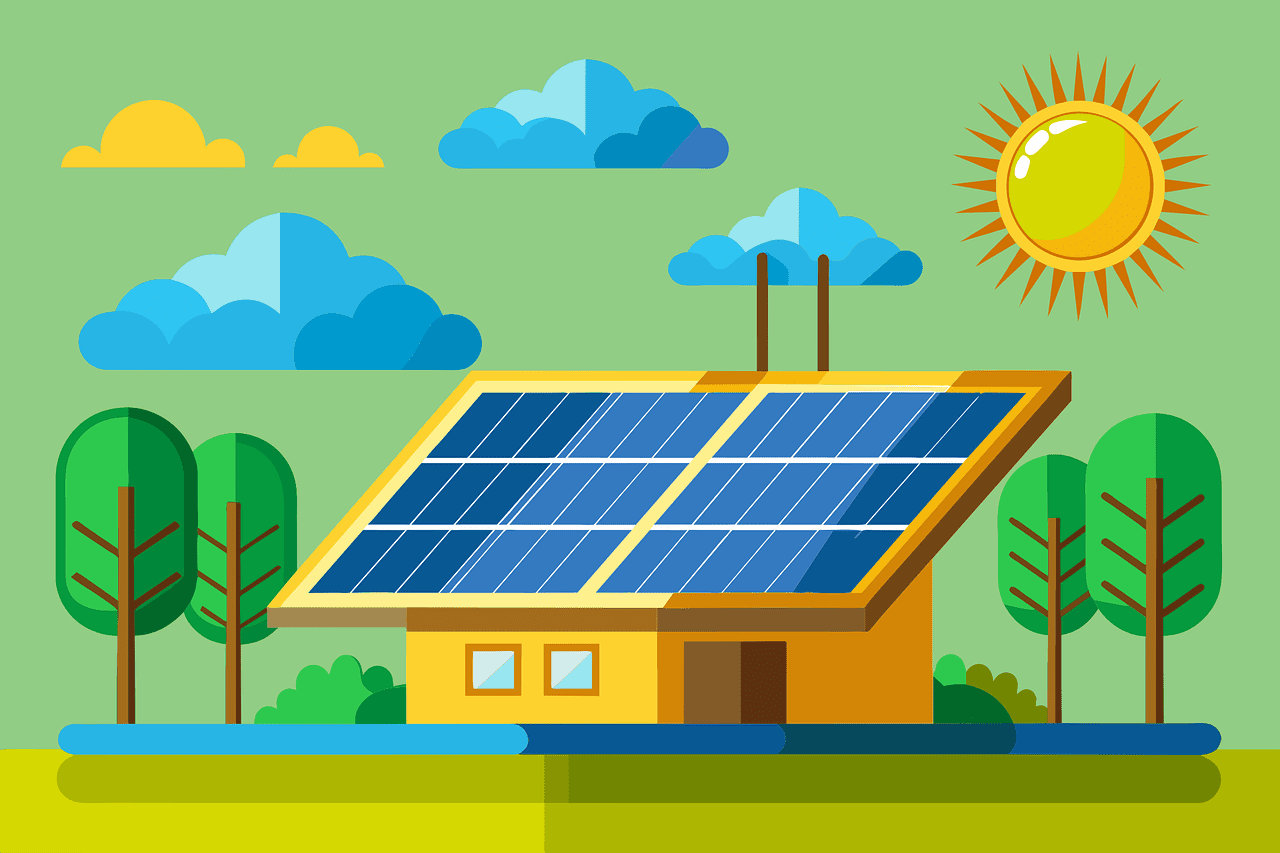
Researchers link cobalt mining in the DRC to violence, substance abuse, food-water insecurity
After studying the impacts of cobalt mining in the Democratic Republic of the Congo, an interdisciplinary team of researchers led by Northwestern University is calling for more data on how emerging technologies affect human health and livelihoods.
Congo is the world’s top producer of cobalt, which is used in many of the batteries that power electric vehicles. EV sales are expected to soar in the coming years, as countries strive to cut carbon emissions.
In a paper published in the journal One Earth, the group behind the new study explains that exploratory fieldwork in cobalt mining communities in the Lualaba Province was conducted to be able to construct social life cycle assessments (S-LCA).
The team comprised of anthropologists, engineers and public health experts collected qualitative data through in-depth interviews and focus-group discussions with miners and other community members.
“For this type of work, it’s important to work across fields in order to be informed,” Sera Young, one of the study co-authors, said in a media statement. “It might be difficult for engineers who are developing the technologies to understand the social effects. By working together, we can form a whole picture of the consequences of resource extraction.”
After such exploratory work, the researchers found that cobalt mining was associated with increases in violence, substance abuse, food and water insecurity, and physical and mental health challenges. Community members reported losing communal land, farmland and homes, which miners dug up in order to extract cobalt. Without farmland, Congolese people were sometimes forced to cross international borders into Zambia just to purchase food.
